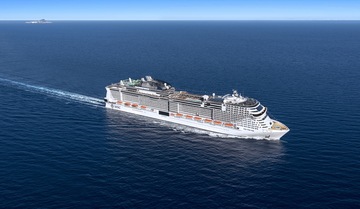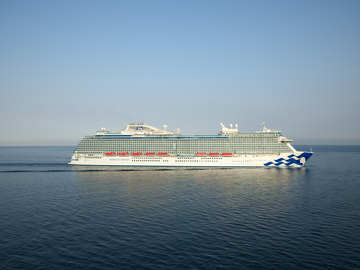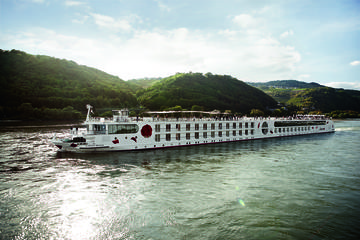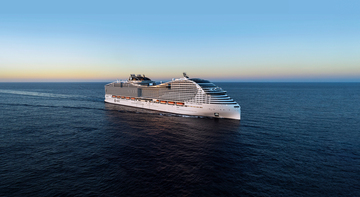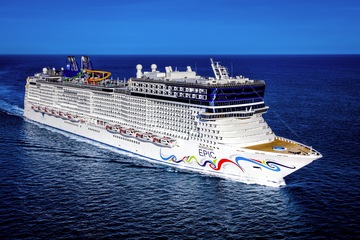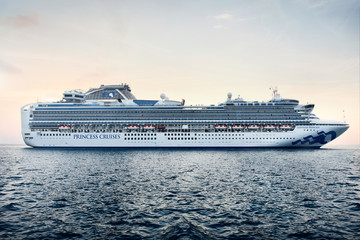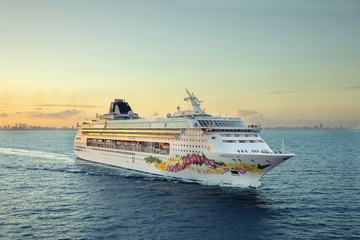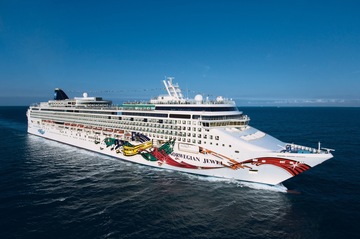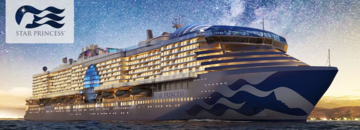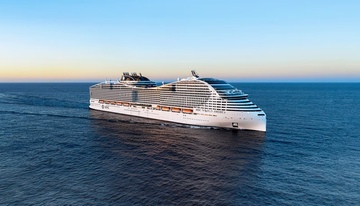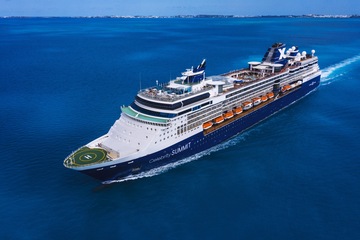17 November 2025 - 4 nights, Full Board
Fly/Cruise Package
€585
Full details
10 April 2026 - 5 nights, Full Board
Fly/Cruise Package
€695
Full details
24 November 2025 - 4 nights, all inclusive
Fly/Cruise Package
€799
Full details
06 February 2026 - 7 nights, Full Board
Fly/Cruise Package
€929
Full details
03 May 2026 - 7 nights, Full Board
Fly/Cruise Package
€949
Full details
10 May 2026 - 7 nights, Full Board
Fly/Cruise Package
€999
Full details
08 March 2026 - 7 nights, Full Board
Fly/Cruise Package
€1,079
Full details
14 October 2025 - 9 nights, Full Board
Fly/Cruise Package
€1,099
Full details
14 September 2025 - 11 nights, Full Board
Fly/Cruise Package
€1,139
Full details
14 November 2025 - 8 nights, Full Board
Fly/Cruise Package
€1,259
Full details
20 February 2026 - 8 nights, Full Board
Fly/Cruise Package
€1,269
Full details
27 November 2025 - 7 nights, Full Board
Fly/Cruise Package
€1,279
Full details
Visiting a variety of enticing destinations in just one holiday is one of the greatest attractions of a cruise. From spectacular scenery to the endless activities while on board the ship? A cruise is the ultimate holiday experience.
Whether you are honeymooning, celebrating an anniversary or bringing the whole family along, there is a cruise on Sunway.ie just for you.
There are hundreds of itineraries available - one to suit everyone. Select a region to start browsing all the possible cruise itineries across the world.
Our cruise specialists can assist you in booking your preferred meal times, airport transfers and of course offer suggestions for pre and post-tour nights.
TRAVEL AWARE - STAYING SAFE AND HEALTHY ABROAD
The Department of Foreign Affairs has up-to-date advice for Irish citizens on staying safe and healthy abroad. For more security, local laws, health, passport and visa information see https://www.dfa.ie/travel/travel-advice/ and follow dfatravelwise


